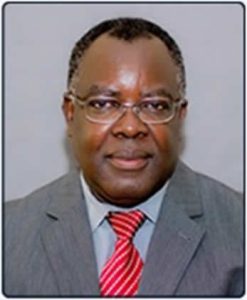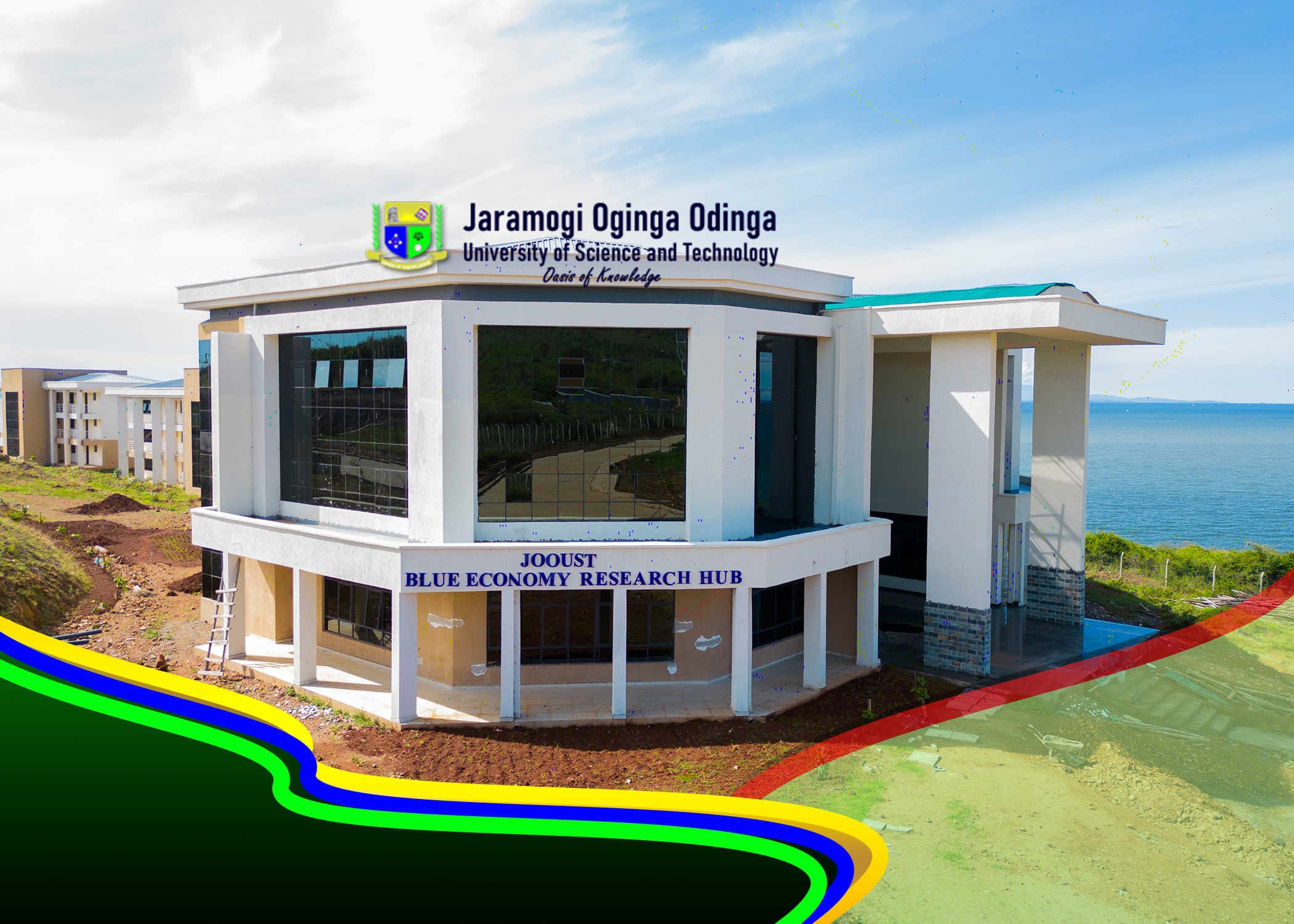The overarching objective of the study is to develop a user-friendly application that helps to unbundle the complexities and interrelationships between multiple risks, practices, and mediated epistemologies with respect to food security in the rural and peri-urban Kenyan communities. We focus on the subjective assessments of food security-related risks as perceived by people of different socio-economic strata, along a peri-urban-rural transect in the counties of Kisumu, Homabay, Baringo and Narok of Kenya. Homabay County is for piloting purposes thus comprehensive field study, data gathering, and analysis are anchored on the remaining three counties.
The research is conducted in all the sites during one similar season for three months. The methodologies involve survey and risk mapping of a total of 300 people, according to a carefully designed random as well as systematic sampling scheme, capturing vulnerable categories of youths, women, persons living with disability and the elderly. In addition, there are key informant interviews that shall involve a total of 10 professionals cutting across counties and national level. The survey complete with risk mapping will involve at least 20 people per segment (urban/peri-urban/rural-agrarian/rural-pastoral) and per county, giving us a total of at least 300 people. The composition of the group are both homogeneous at different levels of categorization and heterogeneous considering the different counties. To cross-validate results a set of focus group discussions are included into the project design, involving an offline version of the digital assessment tool on a large screen, being conducted in all counties and subcategories.
Workshops and stakeholder meetings are instrumental to help gain new data, validate existing data as well as for dissemination of results to policy makers and authorities to support policy making as well as to the local populations where relevant. There are three master student’s theses written under the project. In addition, we shall develop a technical paper for the application, peer reviewed publication and policy brief.



